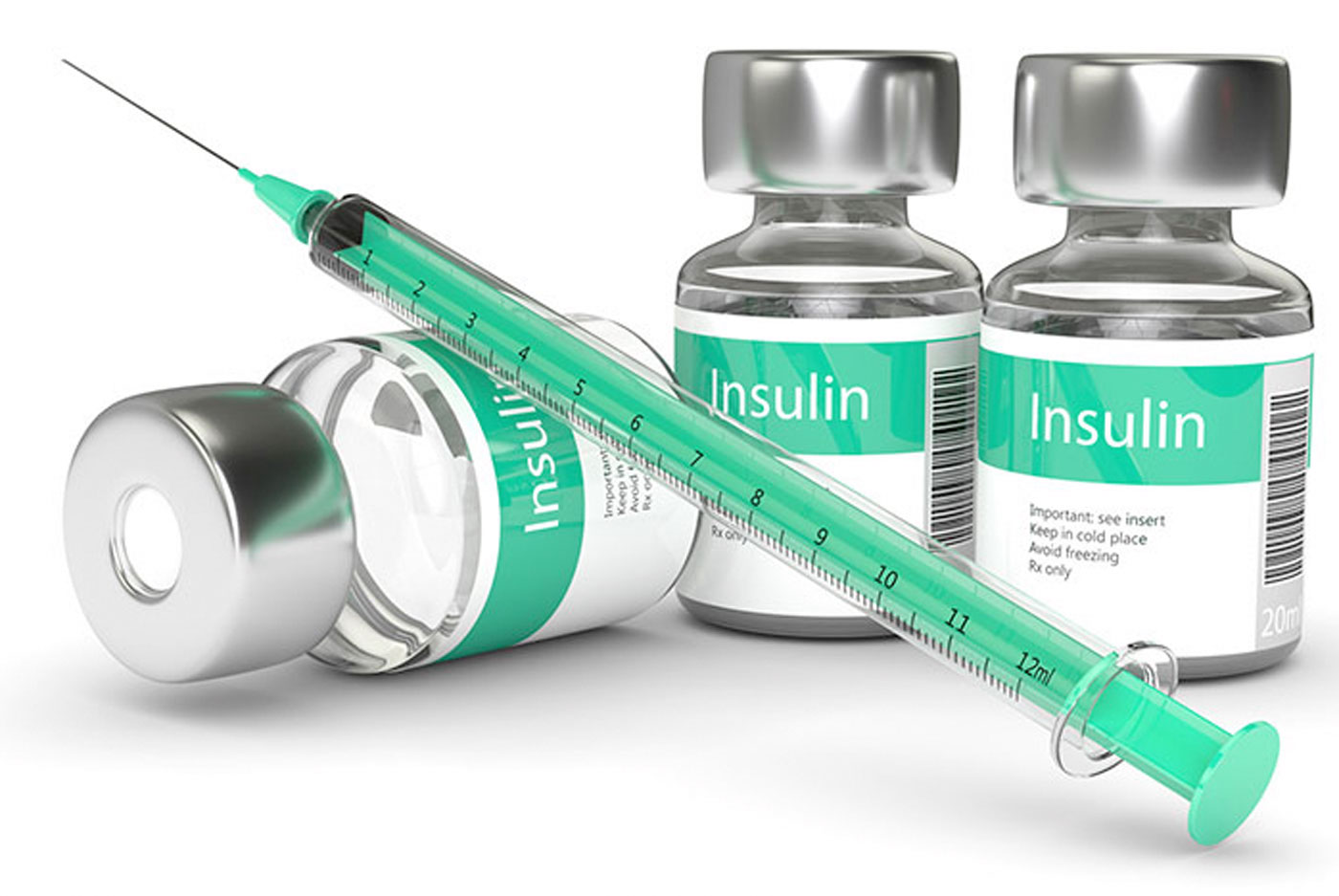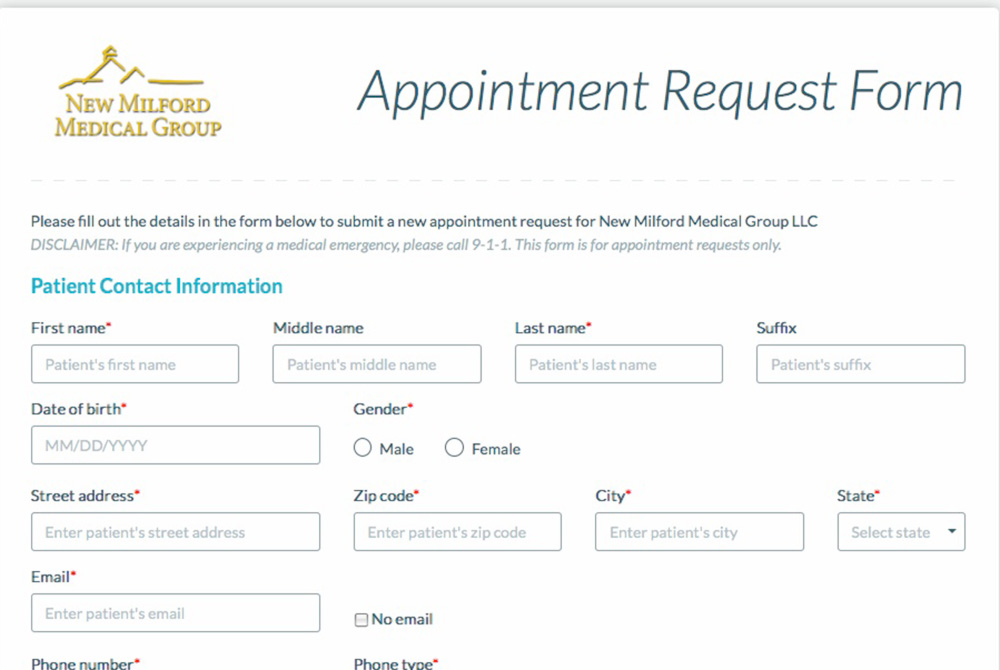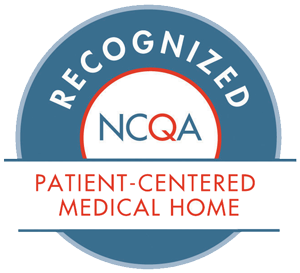Diabetes Awareness: Diabetes management and treatment!
From New Milford Medical Group

Diabetes management is a burden that is often misunderstood. The disease has to be managed every hour of every day, and for the those who've been diagnosed, it has an impact on nearly every decision they make, from what to wear, do, and eat. Millions around the world suffer from the disease, and while it isn't yet curable, it is treatable! So no matter how frustrated or frightened a diagnosis of diabetes may make you, remember that you too can live a long and healthy life.

The first thing to know about diabetes is that it is a serious disease. It causes more deaths than breast cancer and AIDS combined, and having diabetes does increase your risk of having a heart attack. That said, by properly managing your diabetes you can reduce your risk of suffering complications related to the disease.
When you have diabetes, it will cause blood glucose (sugar) levels to rise higher than normal. This is also called hyperglycemia. Type 2 diabetes is the most common form of diabetes. 
If you have type 2 diabetes your body does not use insulin properly (called insulin resistance). Your pancreas will make extra insulin to compensate, but, over time it isn't able to keep up and can't make enough insulin to keep your blood glucose at normal levels. The glucose remains in the blood, instead of being going into the cells of your body. This causes two problems; your cells may be starved for energy, and high blood glucose levels may hurt your eyes, kidneys, nerves or heart. Because your blood sugar level cannot safely be sustained at that high level you need to actively treat type 2 diabetes. Some people can control their blood glucose levels with healthy eating and being active. But, your doctor may need to also prescribe oral medications or insulin to help you meet your target blood glucose levels.

Unfortunately, since type 2 usually gets worse over time – even if you don’t need medications at first, you may need to later on.
Early detection and treatment of diabetes can decrease the risk of developing the complications of diabetes. Here are some of the symptoms of type 2 diabetes, but remember, many people with diabetes have symptoms that are so mild they go unnoticed! Your best defence against the disease is having regular visits with your doctor. A standard yearly physical will show changes in blood sugar levels that can be used for early treatment and prevention.
- Urinating often
- Feeling very thirsty
- Feeling very hungry - even though you are eating
- Extreme fatigue
- Blurry vision
- Cuts/bruises that are slow to heal
- Weight loss - even though you are eating more (type 1)
- Tingling, pain, or numbness in the hands/feet (type 2)
Although there are similarities between type 1 and type 2 diabetes, the causes of each are different. And the treatment is usually quite different, too. Some people, especially adults who are newly diagnosed with type 1 diabetes, may have symptoms similar to type 2 diabetes and this overlap between types can be confusing.

Some statistics about Diabetes:
In 2015, about 9.4% of the population had diabetes, that is about 30 million Americans.
Of the 30 million adults with diabetes, about 7.2 million were as yet undiagnosed.
About 12 million Americans over 65 suffer from diabetes (both diagnosed and undiagnosed).
Diabetes is the 7th leading cause of death in the US, with 252,806 deaths in 2015 listing diabetes as an underlying or contributing cause of death.
Living with Diabetes:
It can be tough at times, there are hurdles to be met, and they can get harder as you get older, but it isn't impossible, the number of people living with diabetes is proof of that!
Some of the questions you may have about living with diabetes are below.
If I'm overweight, will I develop diabetes?
While being overweight is a risk factor, there are other risk factors as well, and many people with type 2 diabetes are at a normal weight or only slightly overweight.
Is it caused by eating sugar?
Type 1 diabetes is caused by genetics and unknown factors that trigger the onset of the disease. Type 2 diabetes is not caused by sugar, but by genetics and lifestyle factors.
Can sugary drinks trigger diabetes?
Sugary drinks also raise blood glucose (also called blood sugar) and can provide several hundred calories in just one serving. Just one 12-ounce can of regular soda has about 150 calories and 40 grams of carbohydrate. This is the same amount of carbohydrate in 10 teaspoons of sugar
Will I need to eat special foods?
Healthy eating is the same for everyone! A diet low in saturated fats, moderate in salt, lean proteins, vegetables, whole grains, healthy fats, and fruit.
Will I have to eat less bread, potatoes and pasta? Portion size is key, breads, cereals, pasta, rice (whole grain options are better), and starchy vegetables like potatoes, yams, peas, and corn can be included in your meals and snacks.
Can I catch diabetes from someone else? No, diabetes is not contagious, it appears to be genetically linked, but scientists are still working on exactly what triggers it
If I need to start using insulin to control my type 2 diabetes, does that mean I failed to care for my myself properly? Because type 2 diabetes is a progressive disease, many people with type 2 diabetes can keep their blood glucose at a healthy level with a combination of meal planning, physical activity, and medications. Over time, the body gradually produces less and less of its own insulin, and pills may not be enough to keep blood glucose levels in a healthy range. At that point, you will need to start using insulin.
While diabetes does not have a cure, it does have treatments, and they are incredibly effective! We are committed to helping you understand this chronic disease, and as we said, the good news is that managing your diabetes can reduce your risk for developing diabetes complications. At New Milford Medical Group, we offer individual as well as group education, which will let you incorporate your diabetes management into your life and make the necessary changes to your lifestyle. For instance, every Thursday we offer a half hour group walk around the New Milford Medical Group offices, it is a great way to start in on healthier living.









